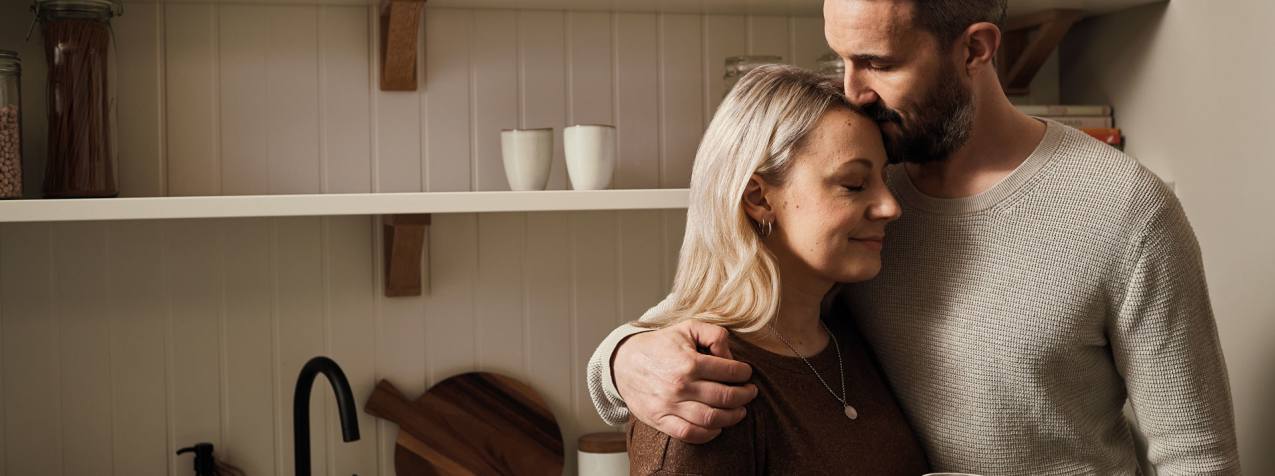Many women feel they must reduce their hours to deal with menopause symptoms. And this is all happening at a time of life when pension contributions are vital to a comfortable retirement. More help from employers could mean that women don’t leave the workplace at this time or reduce their hours. I know managers at Royal London have found training on the menopause has helped them to help their team members.
Reducing the gap
Employers can play an important role in helping to reduce the pension gender gap. If they encourage women to consider their pension savings at key life stages, like those mentioned above, by providing access to timely and relevant information women can then make informed choices, while understanding how this might affect their quality of retirement. But many employers will need support from their advisers and also providers. As an industry – we need to be asking what we can do to make sure that women have a better retirement. Otherwise more and more women will continue to be at a disadvantage - with less freedom and choice as they approach and enter what could be a poorer retirement.
Read our full report Bridging the Gender Pension Gap.
1 ONS, Workplace pension participation and savings trends of eligible employees: 2009 to 2021, 2009 to 2021, June 2022
2 ONS, Workplace pension participation and savings trends of eligible employees: 2009 to 2021, 2009 to 2021, June 2022
3 Pensions Expert, Women need to work an extra 18 years to match male pension pots, June 2022
4 Research conducted by the Centre for Progressive Policy (CPP) shows women in the UK are providing more than twice as much unpaid childcare per year than men (23.2bn hours vs. 9.7bn hours)
5 A guide to managing menopause at work, 2021








